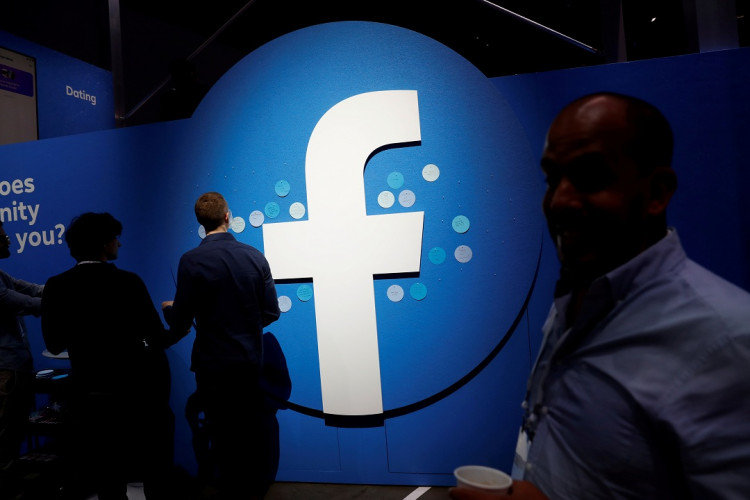A federal judge ruled on Tuesday that the Federal Trade Commission's antitrust action against Facebook can proceed, marking a major victory for the agency after its first attempt to target the company's alleged monopoly power was dismissed due to a lack of proof.
Federal regulators have provided enough evidence this time, however, to argue that Facebook's acquisition strategy, particularly its takeover of Instagram and WhatsApp, is driven by a "buy or bury" philosophy. According to FTC, Facebook allegedly eats up competitors in order to maintain an illegal monopoly.
"The core theory of the lawsuit remains essentially unchanged," U.S. District Judge James Boasberg said of the FTC's refiling. "The facts alleged this time around to fortify those theories, however, are far more robust and detailed than before, particularly in regard to the contours of Defendant's alleged monopoly."
According to Boasberg, the FTC "cleared the pleading bar" as well as the threshold for the "buy and bury" allegations. To back up his assertions, he notes the fact that Facebook considered competing directly with Instagram before deciding to just acquire the app, reducing competition in the market.
The judge also pointed out that when faced with competition from WhatsApp, Facebook went the same way, and that the company "briefly attempted to compete" with WhatsApp before opting to buy it.
In addition, Boasberg said that Zuckerberg wrote in 2012 that he was "the most worried about messaging. WhatsApp is already ahead of us in messaging in the same way that Instagram was 'ahead' of us in photos... I'd pay $1B for them if we could get them."
Facebook bought the messaging company for $19 billion two years later.
Boasberg threw out the FTC's initial attempt to attack Facebook's alleged monopoly power in June. Regulators did not sufficiently indicate that Facebook possessed a dominant position, he noted, and asked government lawyers to better explain how Facebook has a market share of at least 60%.
The FTC has strengthened its arguments about Facebook's dominance by citing its share of daily average users, monthly average users, and average time spent on social media in refiling its lawsuit. For example, the FTC claims that since 2016, Facebook has accounted for 70% of daily active use of social networking apps.
According to Boasberg, the new lawsuit demonstrates that "the FTC has done its homework."
Facebook had sought the recusal of FTC Chair Lina Khan because it claimed she came into the post with pre-existing beliefs about the company's activities. However, this was rejected by Boasberg.






